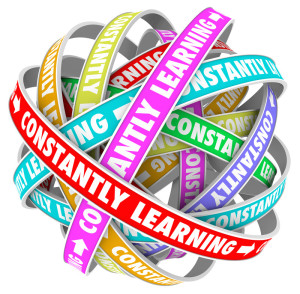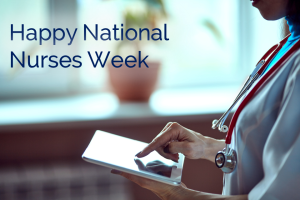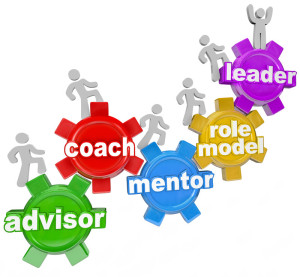As I noted in my recent post on tips for business travelers, I’ve been on the road a lot lately. Some of that travel has been for what I call “give back time”. Over the years I’ve participated on various boards and committees, volunteering my time to advance our industry.
committees, volunteering my time to advance our industry.
But it’s not all about giving – I get plenty from it as well.
I’m in my sixth year on the AAMI board. For this second three-year term, I’ve also been a member-at-large on the executive committee which means an extra day of meetings twice a year and more materials to review beyond the core board work.
As part of the AAMI board I have had the opportunity to get to know a diverse set of senior leaders in the medical technology industry. This includes the CEO of Steris, the Chief Quality Officer of BD, the Global Product Security & Services Officer for Royal Philips, and the Director for Health Technology Management for the VA – just to name a few. There are several board members from provider organizations including physician and health technology management (HTM) leaders. Along with a healthcare CIO on the board, Pam Arora from Children’s Health in Dallas, I offer a health IT and CIO perspective. Different than the contributions that other members make.
As a board we learn from one another and help advance the mission of AAMI which is to lead global collaboration in the development, management, and use of safe and effective health technology. Continue reading









